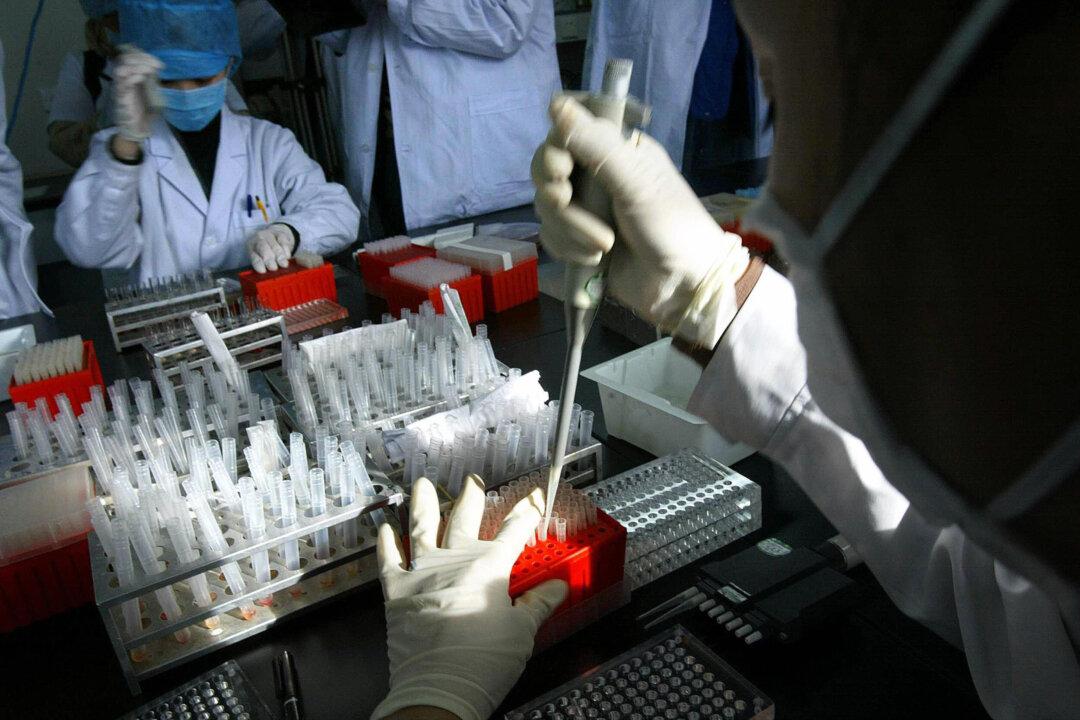A Chinese researcher who once worked at The Jackson Laboratory is under FBI investigation, for allegedly failing to disclose his financial ties to China in applications for U.S. government funding.
Ruan Yijun, a geneticist, failed to disclose his participation in a Chinese state-sponsored recruitment program called the Thousand Talents program and his collaboration agreement with China’s state-run Shenzhen People’s Hospital, according to an FBI affidavit unsealed on Mar. 2. The affidavit was filed in federal court in Bangor, Maine, on Dec. 30 last year.



